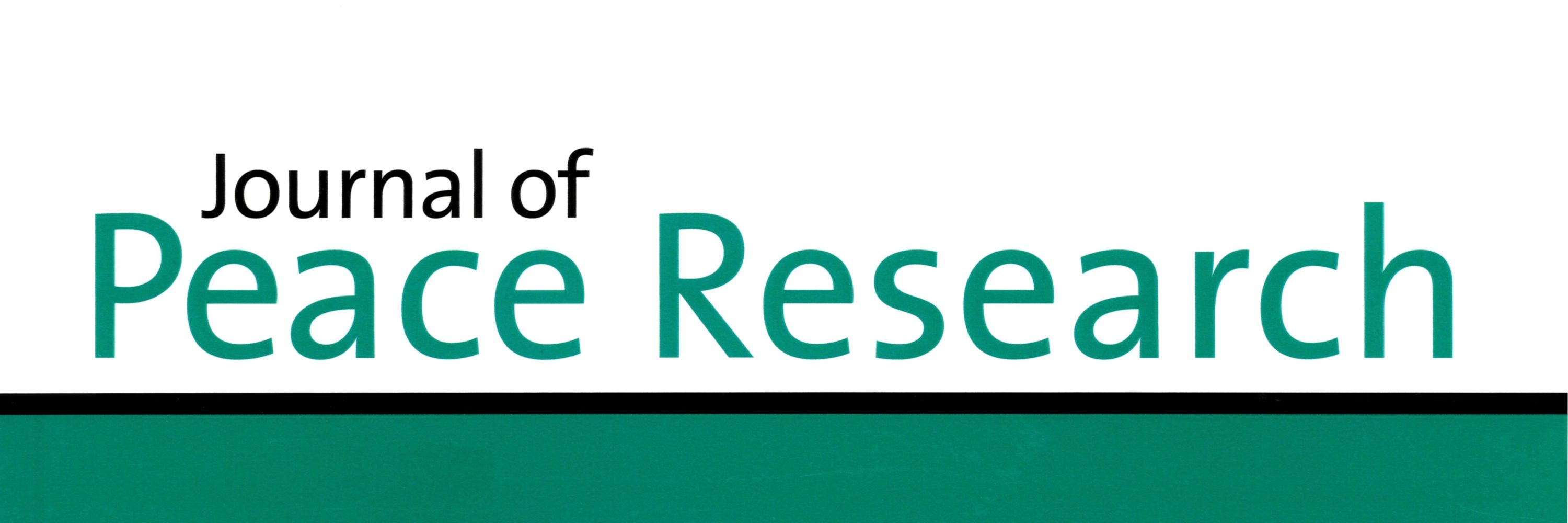
https://www.prio.org/journals/JPR
https://journals.sagepub.com/home/jpr

Read more here: www.prio.org/news/3660

Read more here: www.prio.org/news/3660

doi.org/10.1177/0022...
doi.org/10.1177/0022...
To learn more about the findings, read the article open access here:
doi.org/10.1177/0022...
To learn more about the findings, read the article open access here:
doi.org/10.1177/0022...
Read the full research note (open access!) here: journals.sagepub.com/doi/10.1177/...

Read the full research note (open access!) here: journals.sagepub.com/doi/10.1177/...
Read the open access article here: doi.org/10.1177/0022...

Read the open access article here: doi.org/10.1177/0022...

